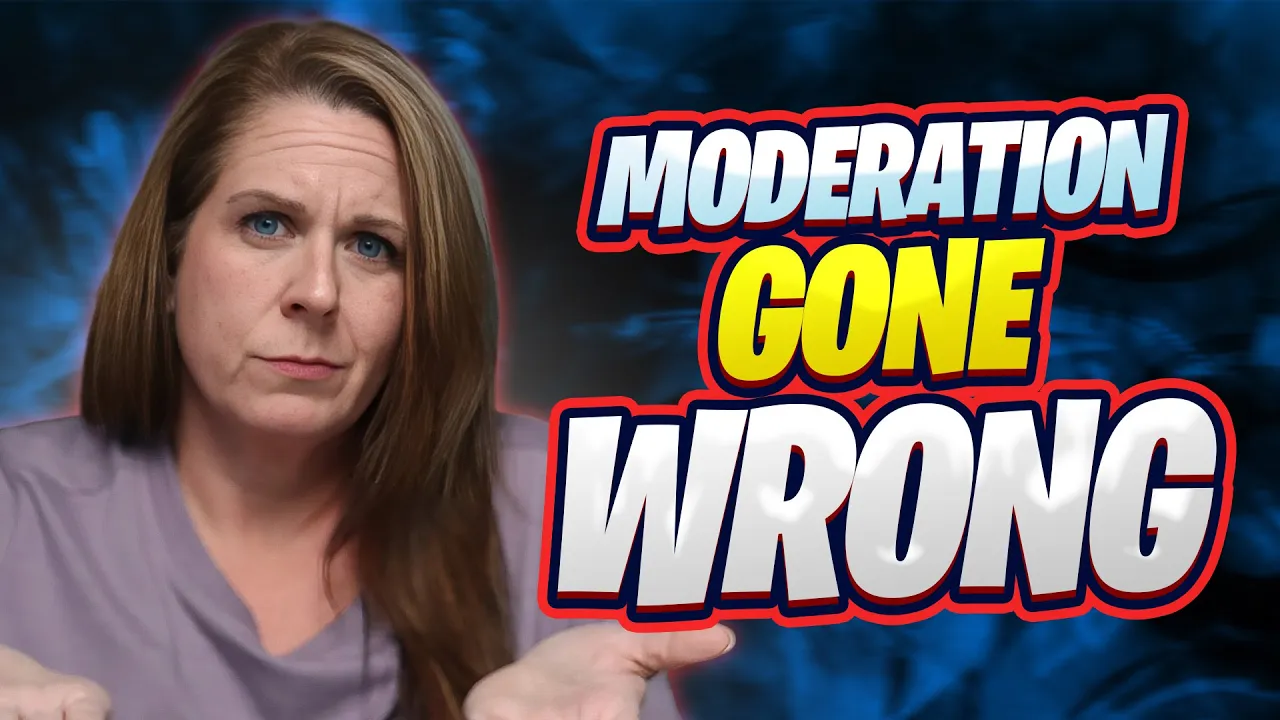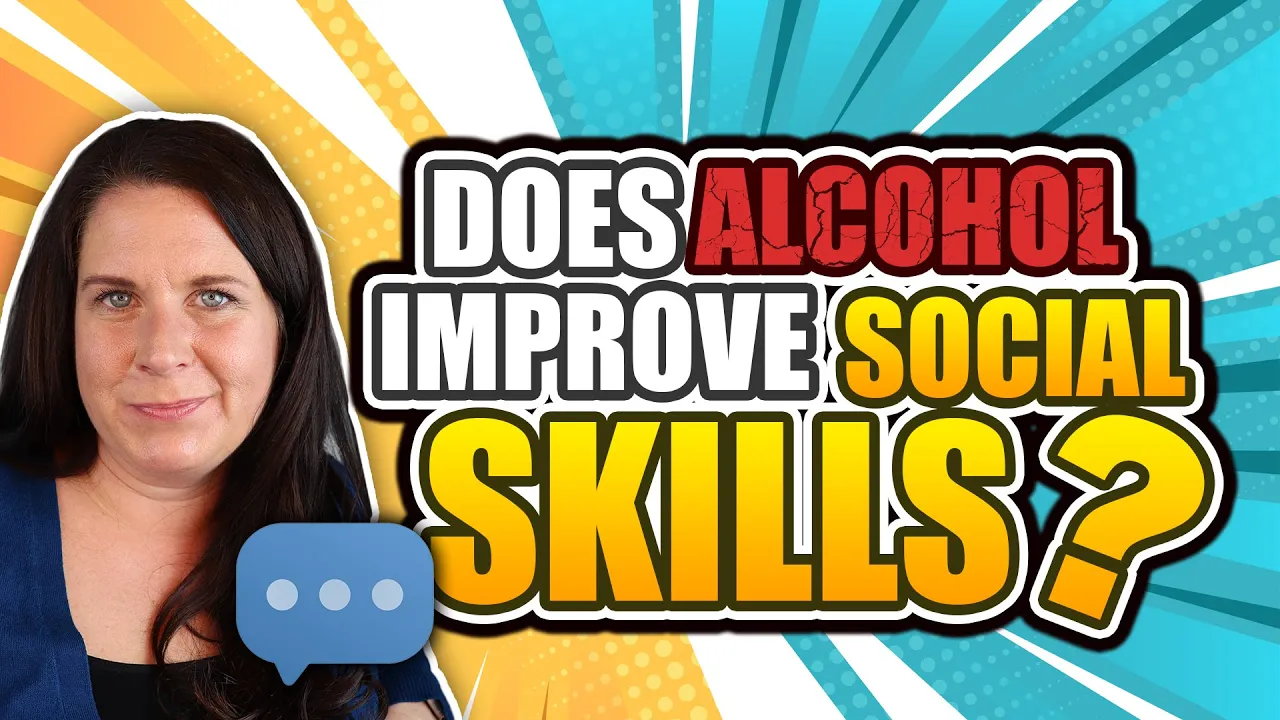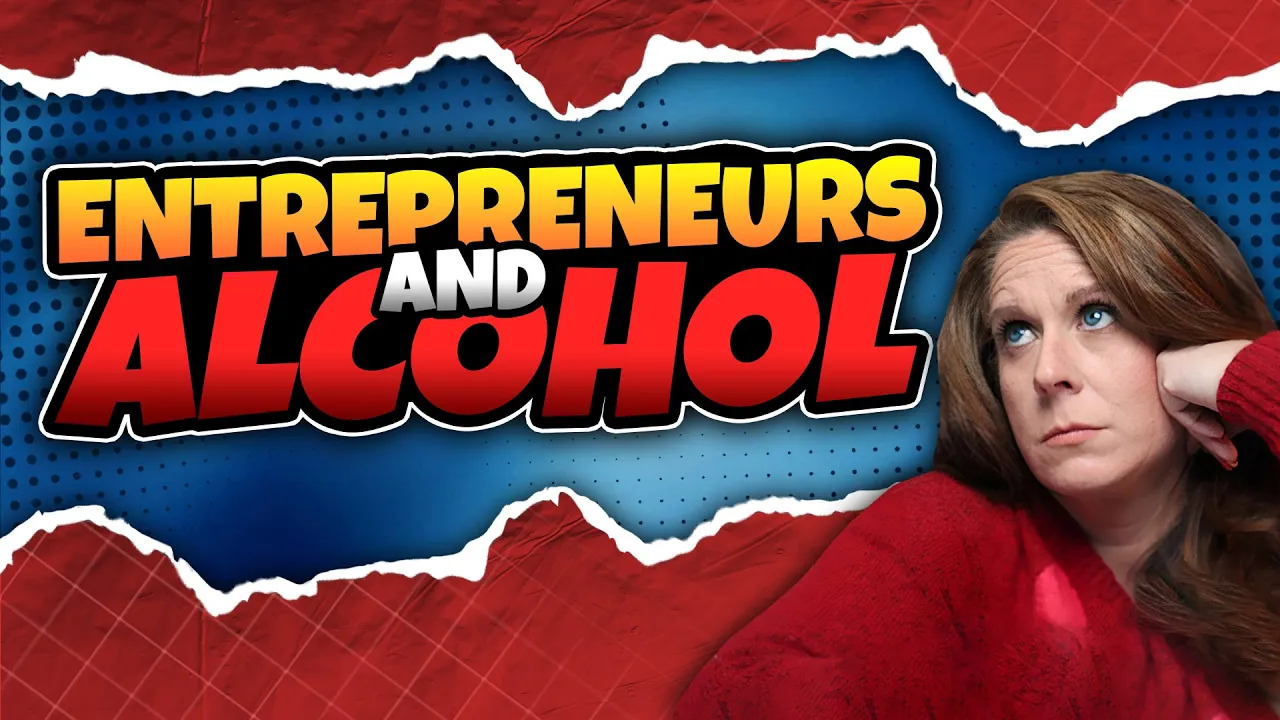Moderation Isn't Freedom, It's a Full Time Job
Why Moderating Your Drinking Is Often More Exhausting Than Quitting
When people first start questioning their drinking, moderation feels like the safest answer.
It feels reasonable. Measured. Responsible.
You tell yourself, I do not need to quit. I just need better rules.
Two drinks maximum. Only on weekends. Never before 5:00 PM.
On the surface, moderation sounds like freedom. But psychologically, moderation keeps alcohol at the center of your life. It keeps your brain engaged in a constant cycle of monitoring, evaluating, and negotiating. And most people do not realize how exhausting that becomes until they experience what it feels like when that mental noise finally stops.
This is something I see all the time in high functioning, intelligent, disciplined people. People like Marcus.
Marcus was a successful software engineer with a family and a stable life. He was not someone who looked out of control from the outside. But his wife noticed something important. He was less ...
Alcoholic or Problem Drinker?
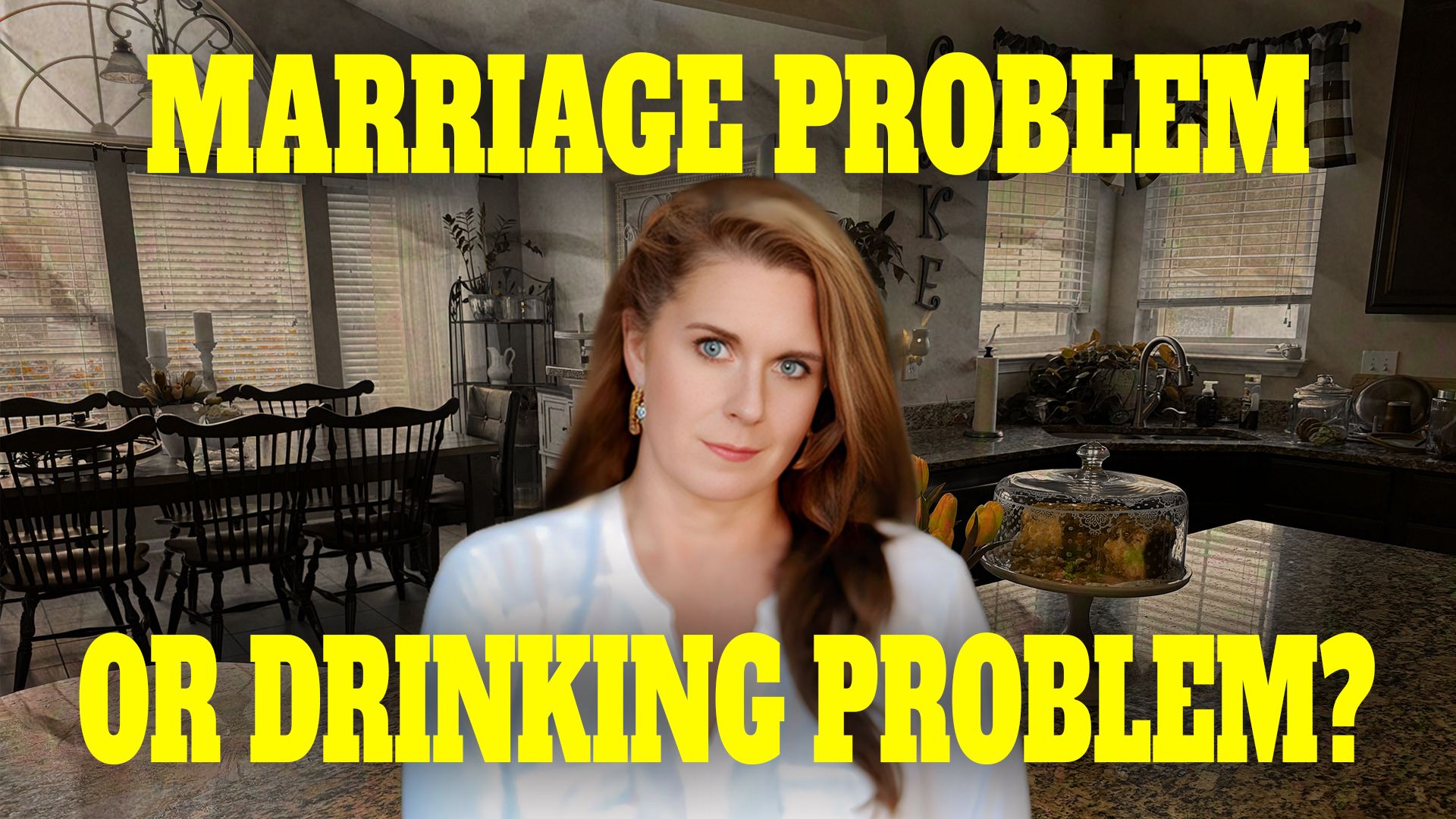
Am I a Problem Drinker or an Alcoholic? Why the Label Doesn’t Matter
One of the most common questions people ask when they start questioning their drinking is this:
“Am I a problem drinker or an alcoholic?”
It feels like an important question — because if you’re just a problem drinker, maybe you can fix it on your own. But if you’re an alcoholic, that sounds like a whole different level.
Here’s the truth most people don’t hear often enough:
👉 The label doesn’t matter.
👉 What matters is whether alcohol is causing problems in your life.
And if it is, you don’t need to spend months (or years) debating definitions. You just need to decide what to do next.
Why This Question Keeps You Stuck
The word alcoholic carries a lot of baggage.
For most people, it brings up a very specific image:
-
Someone who’s lost everything
-
Someone who drinks first thing in the morning
-
Someone who can’t function at all
So if that’s not you, it’s easy to tell yourself:
-
“I’m not that...
4 Things You Should KNOW About FUNCTIONAL ALCOHOLICS | A Compilation of Amber's Eye-opening Moments
The Hidden Chaos of Being a “Functional” Alcoholic: When Life Looks Fine on the Outside but Feels Like It’s Falling Apart
For most adults, life already takes everything you’ve got—balancing work, family, responsibilities, and relationships. But when alcohol (or any addiction) becomes another full-time obsession, things quietly start to unravel.
You find yourself constantly planning:
How am I going to get it? How am I going to use it without anyone knowing? How can I keep it under control this time?
It becomes a mental chess game—full of bargains and broken promises. You tell yourself you’ll only drink a certain amount, that you won’t let it get that bad again, that you’ll do better tomorrow. But deep down, you know how this story goes.
The Mental Tug-of-War
Even when you’re not drinking or using, you’re thinking about it. Life starts to feel like something you just get through in between drinks or hits. You’re checking boxes, showing up, functioning—but not present.
Maybe you ...
When Women Get Aggressive: The Hidden Danger of Alcohol-Fueled Violence
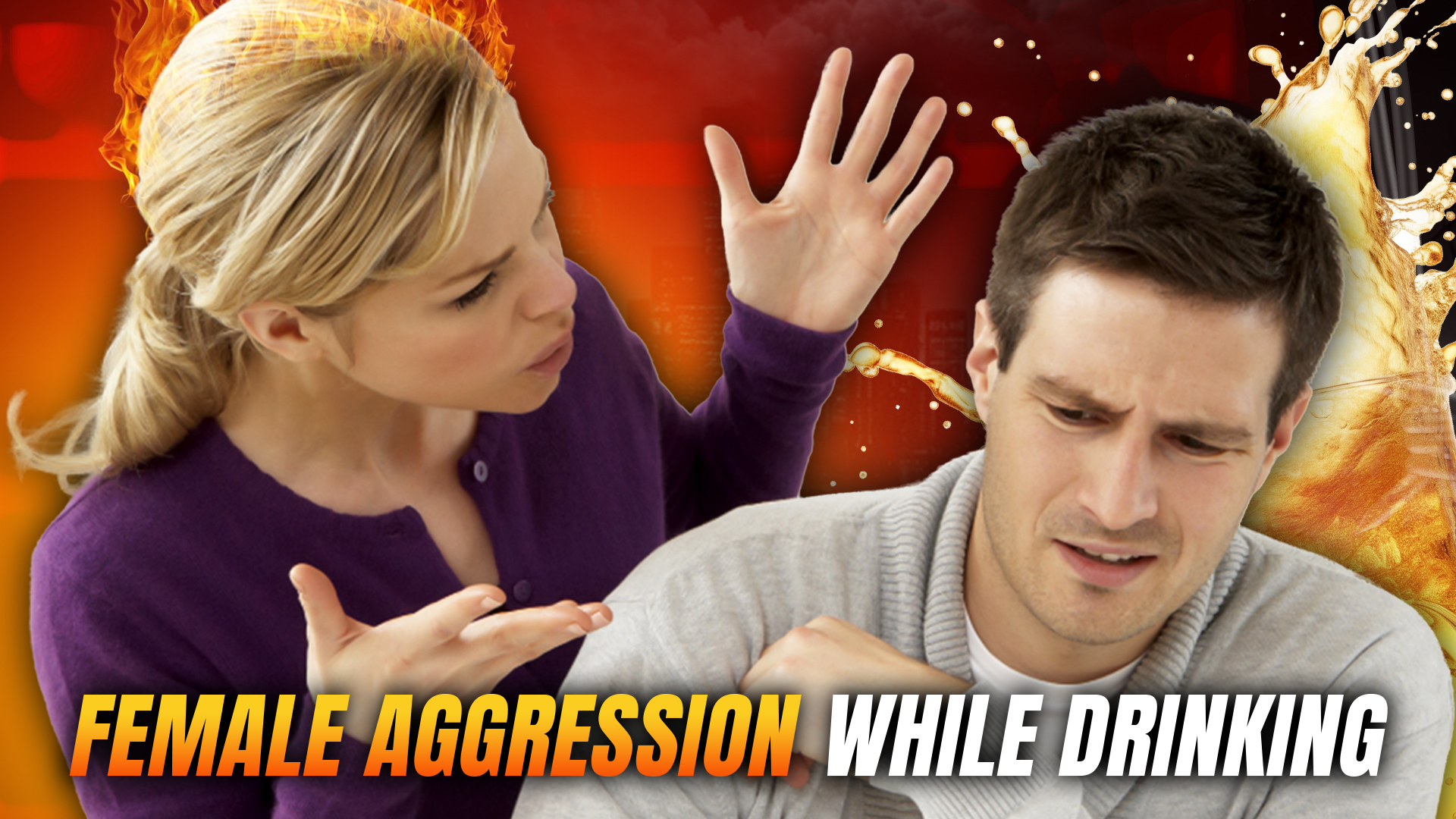
When we think about aggression and violence in relationships, the narrative often centers on men as the perpetrators. But what happens when the roles are reversed? Society tends to downplay or dismiss violent behavior from women, especially when alcohol is involved. This oversight can have devastating consequences, as seen in several recent high-profile cases.
The Cases That Demand Attention
- Courtney Clenney and Christian Obumseli
Courtney Clenney, an OnlyFans model, fatally stabbed her boyfriend, Christian Obumseli, in their Miami apartment. Reports revealed a history of volatile and aggressive behavior, often fueled by alcohol. Despite clear warning signs, her behavior was overlooked or excused until it escalated to tragedy. - Melissa Turner and Matthew Trussler
Melissa Turner, a cosplayer, was convicted of killing her boyfriend, Matthew Trussler, during a drunken argument. Evidence showed a pattern of aggression when she drank, but like many cases, it was brushed aside as “just t...
The Truth Behind "Drink In Moderation" | How Cutting Back Can Be BAD
The Moderation Trap: Why Cutting Back Feels So Exhausting
If you’ve been riding the rollercoaster of “doing good” then falling off the wagon, it’s not because you lack willpower. In fact, if you’re able to moderate sometimes, it’s proof that you’re trying really hard. But biology often overrides intention.
Moderation can work… until it doesn’t. You white-knuckle your way through happy hour. You set rules. You buy the mini bottles. You bargain with yourself. But then the cravings hit—and when they do, you’re back to square one. And let’s be honest: those mornings after? The shame spiral, the promises, the exhaustion—it’s brutal.
So why is this happening?
The Science of Why Moderation Fails
There are three core reasons moderation is nearly impossible for most people dealing with substance issues:
1. The Rebound Effect
Whatever your substance of choice does for you—calm you down, perk you up, make you feel less anxious—your brain eventually learns to counteract that effect. If al...
Drinking The Social Anxiety Away With Alcohol... Does It Even Work?
Alcohol & Social Anxiety: Your Best Friend or Your Frenemy?
We’ve all been there—you want to be social, have fun, and connect with people, but your social anxiety is doing everything in its power to hold you back. Then enters alcohol, promising to be your new best friend, taking the edge off and making socializing easier. But sometimes, alcohol isn’t the friend you think it is. In fact, it can be more like a frenemy—seemingly helping you in the moment but making things worse in the long run.
Does Alcohol Really Help Social Anxiety?
If you experience social anxiety, your goal in social situations is probably to decrease your inhibitions—something alcohol is known to do quite well. But here’s the catch: alcohol doesn’t come with a fine-tuned dial to adjust just how much inhibition gets lowered. Instead, it can throw that dial all the way to the extreme, leaving you vulnerable to missteps you wouldn’t normally make.
Alcohol can make you feel funnier, more charismatic, and charming, ...
Overwhelmed by Your Business? How Alcohol Can Be Your Worst Enemy
The Hidden Struggle: Why Entrepreneurs Are at High Risk for Alcohol Use Disorder
Nearly 15 million people in the United States struggle with an alcohol use disorder, and entrepreneurs are particularly vulnerable. The journey of building a business is exhilarating, but it comes with intense pressure, high stress, and often, a culture that normalizes drinking. If you’re an entrepreneur who finds yourself reaching for alcohol to unwind, you’re not alone—but there is a way out.
The High-Stress Reality of Entrepreneurship
Starting and running a business is more than just a job; it’s a lifestyle. Entrepreneurs don’t have the luxury of clocking out at 5 PM. Instead, they’re constantly thinking, strategizing, and problem-solving. The responsibilities are immense:
-
Financial Burden: Not only does your family rely on you, but your employees and their families do too.
-
High-Stakes Decision Making: Every choice could make or break your business, often with no one to guide you.
-
Is...
The Truth About Alcohol and Anxiety: Breaking the Cycle
The Truth About Alcohol and Anxiety: Breaking the Cycle
For many of us, a drink at the end of a hard day feels like the easiest way to unwind. Whether it’s a couple of cocktails after work, a glass of wine to pair with dinner, or a weekend toast with friends, alcohol often becomes the go-to solution for stress and anxiety relief. But here’s the thing—while it might feel like alcohol calms your nerves in the moment, it’s actually setting you up for more anxiety in the long run.
I know that’s not a popular message but stick with me. I’m going to explain the science behind why alcohol isn’t the anxiety cure it seems to be and how it can actually make things worse. Trust me, you’ll want to understand this if you’re serious about breaking free from the anxiety-alcohol cycle.
Why Alcohol Feels Like It Helps (At First)
When you take that first sip of alcohol, your brain gets a temporary “chill pill.” Alcohol is a central nervous system depressant, which means it slows things down in you...
Addiction, Abuse, and the Courage to Let Go: A Personal Story of Healing and Hope

Dear Amber,
My story begins nine years ago. I was a 45-year-old divorced woman who had been single for five years. I dated a few men during that time but was emotionally unstable and drinking a lot of wine. Though I was friends with my ex-spouse, and we had two wonderful grown children, I had never fully healed from the divorce. I thought we were building a spectacular life together - we met in art school at 21, got married, had kids, and started a joint business that did really well. Life was magical.
That is until I found out on our last anniversary that my then-husband had been massively unfaithful for our entire marriage. One of his five girlfriends had posted about it on social media, outing him on my page. She was enraged because she was tracking our relationship on Facebook. My whole world fell apart in an instant. We were home when I confronted him, and he turned into a different person, laughing and mocking me, calling me stupid, and saying he'd had many affairs for years. ...
The Crushing Reality of Being Married To An Alcoholic



